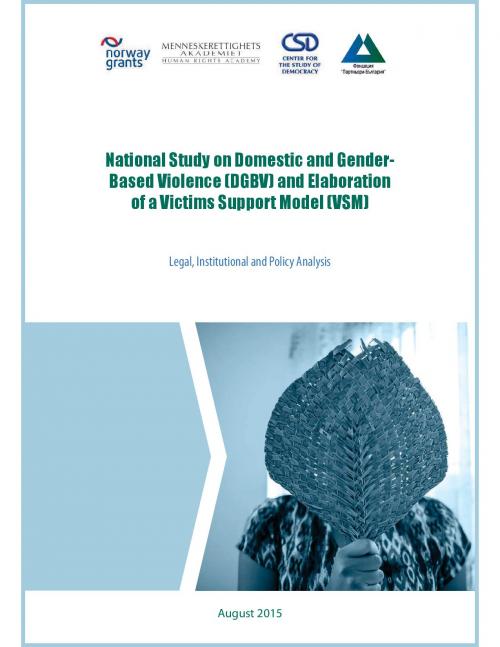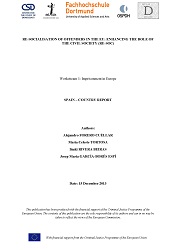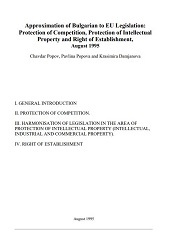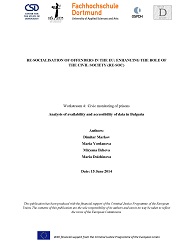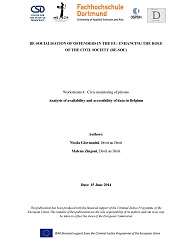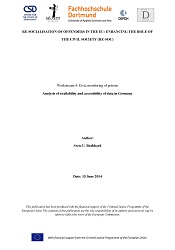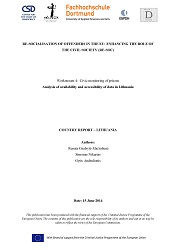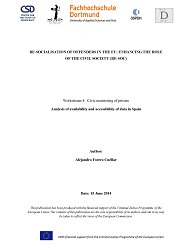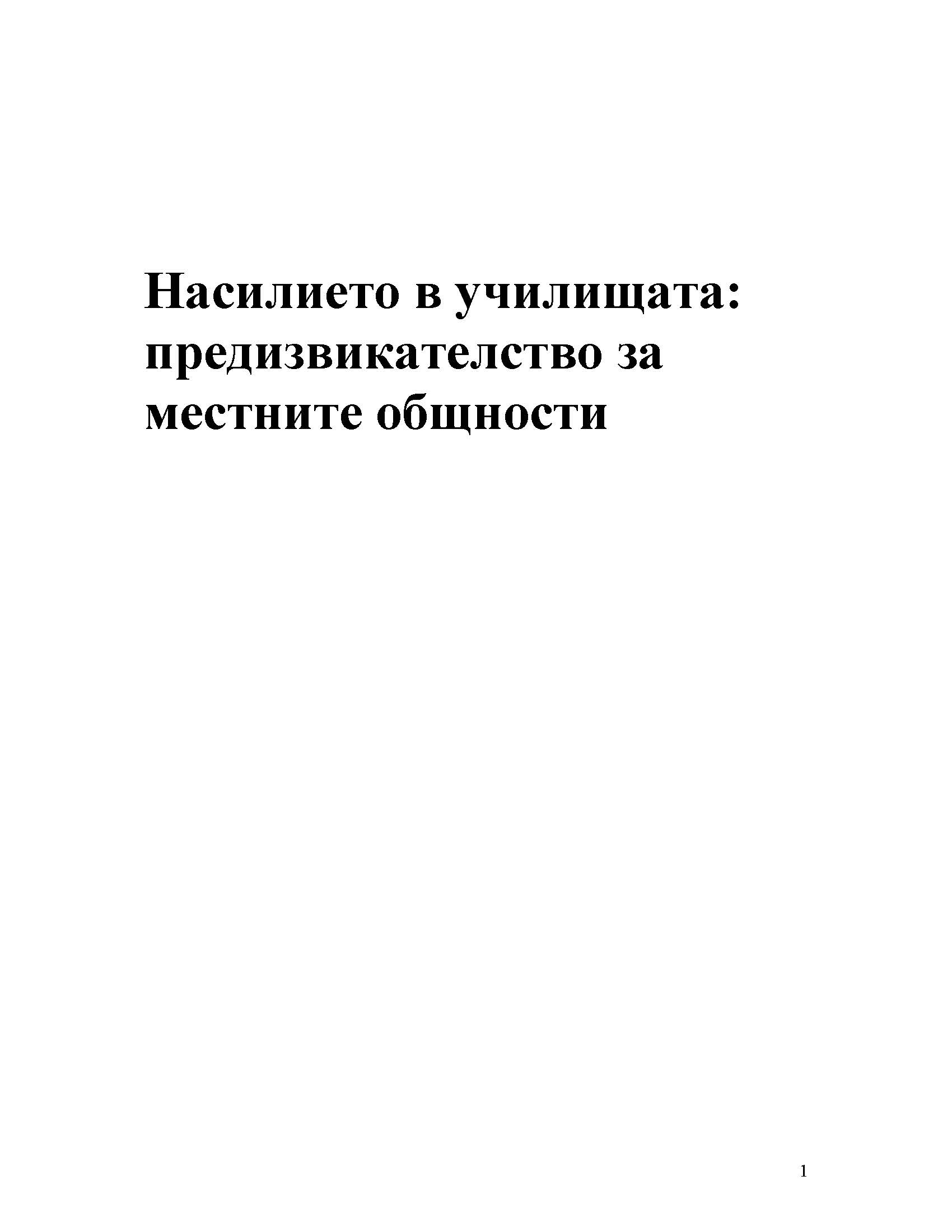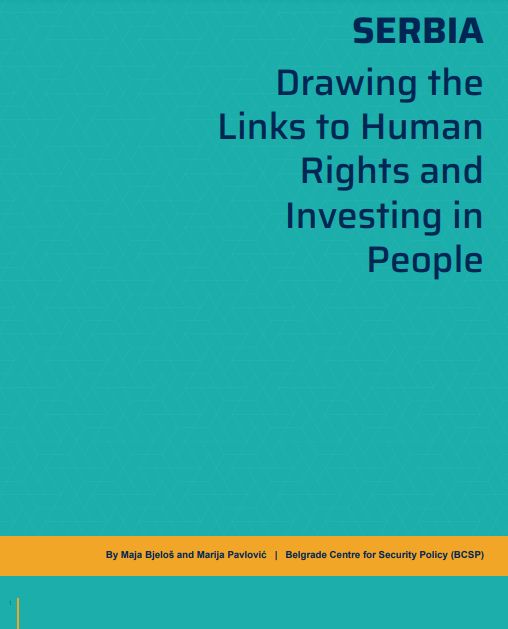Author(s): / Language(s): Serbian
Referring to minority rights, we refer to an endeavor to establish equality. What minorities want is what all of us want. It is promotion and development of minority rights that indicate to aspirations to bring about social equality so that each individual has same rights as the other. Minority rights are not something one should be afraid of, they are no threat whatsoever to a society's indivisibility, its integrity. Minority rights are, as I've said, an endeavor to establish equality, for there is no indivisibility unless there is equality. We are anxious to safeguard our society, we care for law and order, and that what equality is about. Unfortunately, we have social inequality in terms of human rights. We have weak, divided societies that - politically unstable as they are - might threaten international piece and security. So, by encouraging minority rights we, in a way, encourage peace and security. It is the European Commission's generosity that made this conference possible. Therefore, let me remind you, that funds supporting activities such is this one are provided by citizens of the European Union. These public funds, therefore, reflect their aspirations and the wish to uphold minority rights in this region. This conference also reflects cooperation between the Helsinki Federation and the Helsinki Committee for Human Rights in Serbia. I take pride in working together with the Helsinki Committee in Serbia. I see it as a most reliable organization that overdid itself at extremely hard times of this country's history. I think the Committee in Serbia has always had the right stuff and deserves to be both commended on and recognized for its courage, integrity and dedication to key principles. This prompts me to tackle the issue of civil society. Usually, whenever there is a political overturn civil societies have to cope with a special tension. Such was the tension ensuing Czechoslovakian velvet revolution. As you know, new people came to power, the people that used to advocate human rights. So, once elected, they thought there was no longer need for the Chapter 77 or the Helsinki Charter. However, people from the Helsinki Committee said, "Stop for a moment, there is such need and very much so”. For, who should protect rights of those that were hurt? Who should watch out for the way the government and people in power behave? Who should keep an eye on the respect of human rights and the government's attitude towards international standards? There certainly are problems in Yugoslavia and Serbia. They are many, and can only be settled if there are intellectual and moral resources, through support and assistance of various non-governmental organizations that keep a sharp lookout at steps taken by the state and attitudes of people in power, and watch out for respect of commitments the state took upon itself by signing international documents. No state that lacks a strong civil society can plume itself when it comes to the situation in the domain of human and minority rights.
More...
